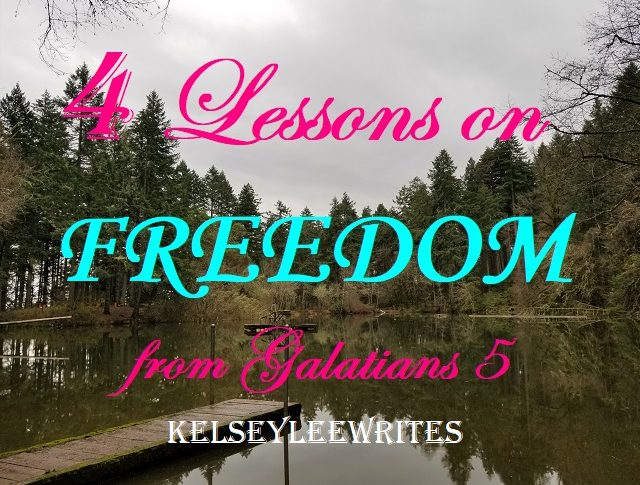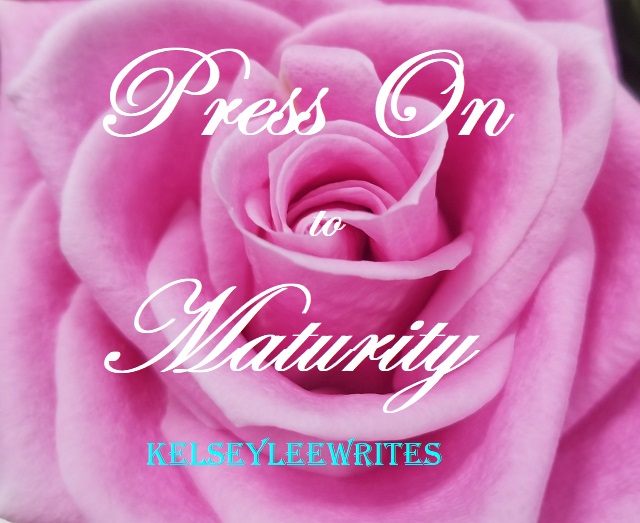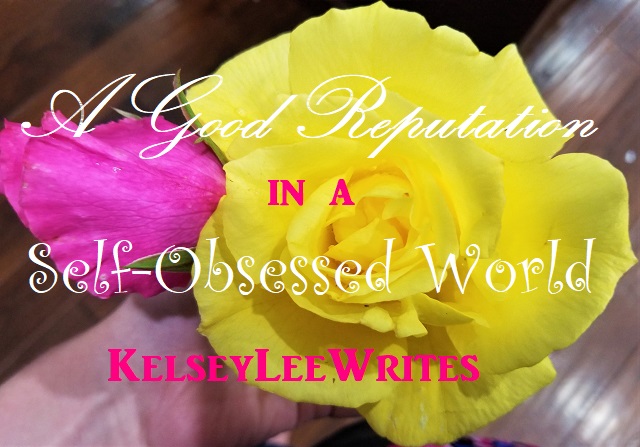
A 5-Question Test on Words
“Good job!” “What’s that?” “Hey, that’s not nice!” “You’re mean!” “Never thought about that.” “That’s cool!” “Come here, please.” “Stop it!”
Words. There’s so many of them, and if you put a few together, you’ve got a sentence. Words are powerful. Words can make you feel great, but they can also make you feel like a looser.
We need to be careful about what we say. Jesus made that very clear in these two sentences:
But I tell you that every careless word that people speak, they shall give an accounting for it in the day of judgment. For by your words you will be justified, and by your words you will be condemned.” Matthew 12:36-37
“Every careless word.” How many careless words have I spoken in my life? “By your words you will be justified… by your words you will be condemned.” By my words… what all have I said over the years?
Death and life are in the power of the tongue, And those who love it will eat its fruit. Proverbs 18:21
Our words are powerful – what we say has an effect on people. Our words have the power to change someone’s day for the good or for the bad in an instant.
Anxiety in a man’s heart weighs it down, But a good word makes it glad. Proverbs 12:25
A gentle answer turns away wrath, But a harsh word stirs up anger. The tongue of the wise makes knowledge acceptable, But the mouth of fools spouts folly. Proverbs 15:1-2
Pleasant words are a honeycomb, Sweet to the soul and healing to the bones. Proverbs 16:24
These passages all talk about how much you can do with good words. Pleasant words bring healing, a gentle answer can stop a fight, a good word can make a heart glad. How many hearts could we change in one day if we choose to speak this way?
For, “The one who desires life, to love and see good days, Must keep his tongue from evil and his lips from speaking deceit.” 1 Peter 3:10
As Christians, every area of our lives should bring glory to God and reflect Him, including our words. God is not evil (see James 1:13 and 3 John 1:11), and He does not lie (see Numbers 23:19). Therefore, our words should not be evil or deceitful. Our words should be true, honorable, right, pure, lovely, of good repute, excellent, and worthy of praise.
It seems to me that we are most often tempted to speak evil against other people. The culture we live in has no problem with gossiping, complaining, lying, and speaking evil against others. Because of this, sometimes it can be difficult to know if something you want to say is acceptable or not. I find it helpful to ask myself a few questions when I’m unsure if my words are going to be pleasing to God or not. Below is my 5-question test on words:
1: When you think these words, do they make you annoyed, angry, or upset with the person you’re thinking about?
2: Would this person be angry, annoyed, embarrassed, etc. if you said this about them?
3: Would you be angry, annoyed, embarrassed, etc. if someone said this about you?
4: If you said these words to someone and then found out that Jesus had been standing within earshot of your conversation, would you be ashamed? (and just for the record, Jesus is always within earshot of our conversations!)
5: Would (not could – would) Jesus say these words?
If you said no to question 5 and yes to question 4, then you shouldn’t say whatever you were going to say. (You could only ask the last two questions, but the other two questions do help you to remember how you feel when someone is speaking negatively of you.)
[Note: you can also use questions 4 and 5 to check whether or not your words are complaining or not, which is also something the Bible warns against – see James 5:9 and 1 Peter 4:9.]Words are powerful: how will you use your words?
With love,
Kelsey





